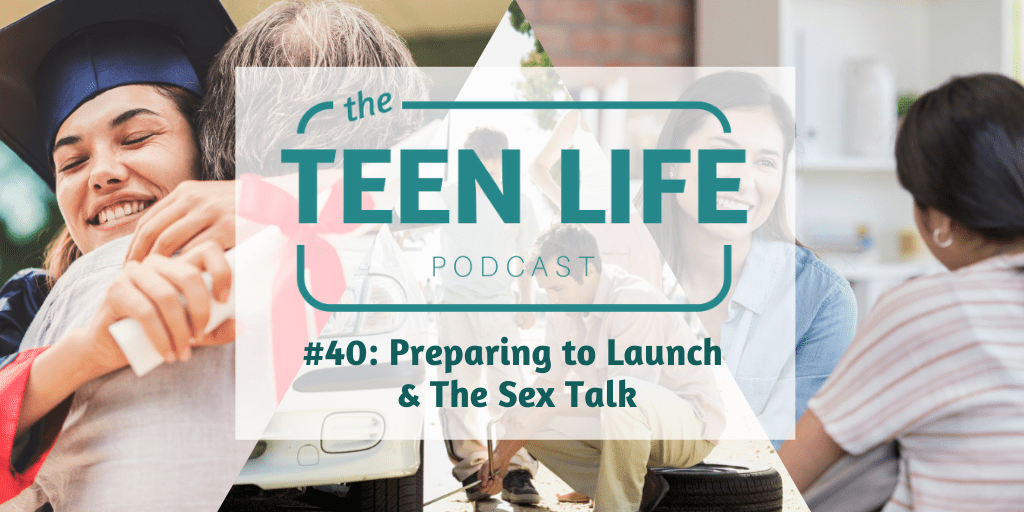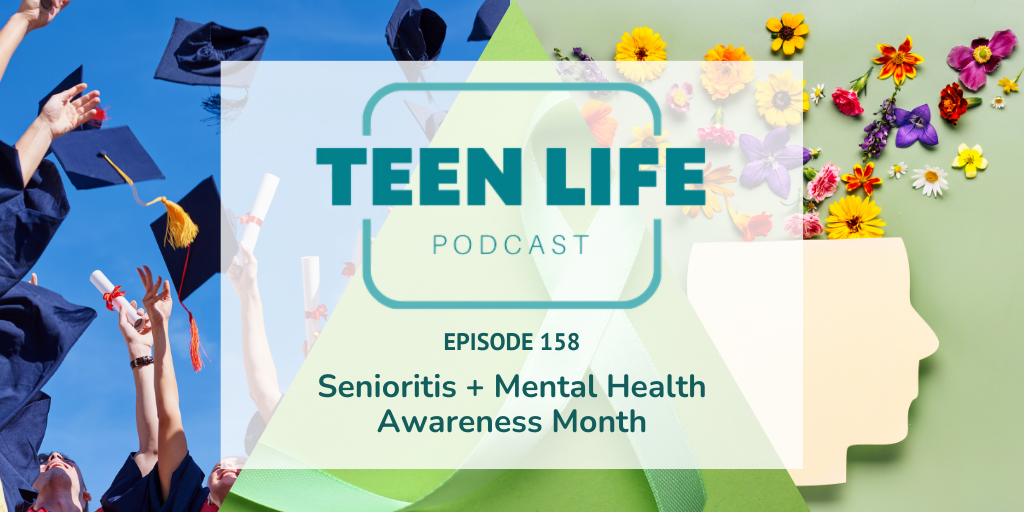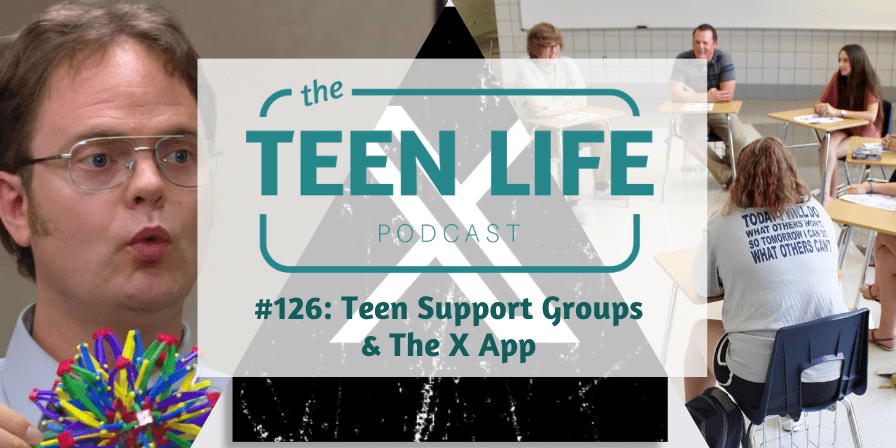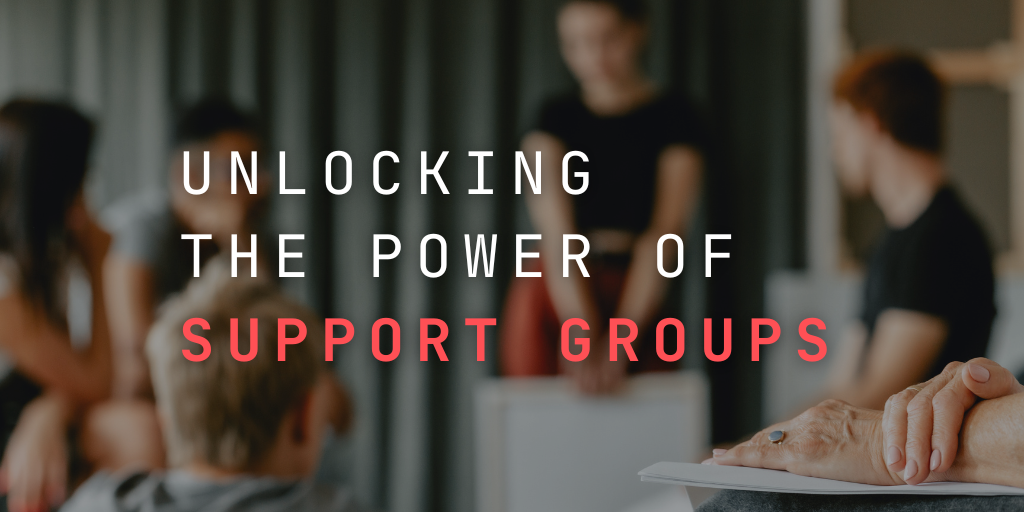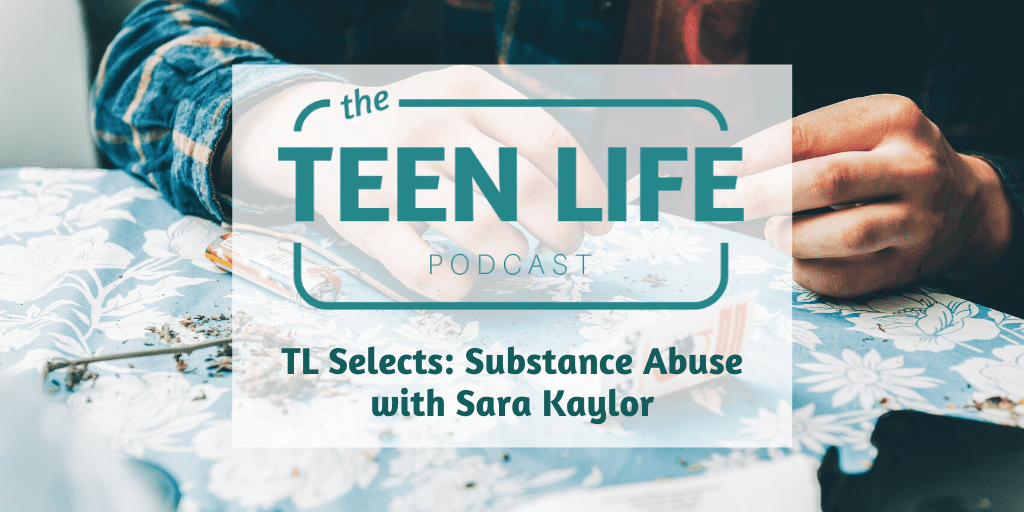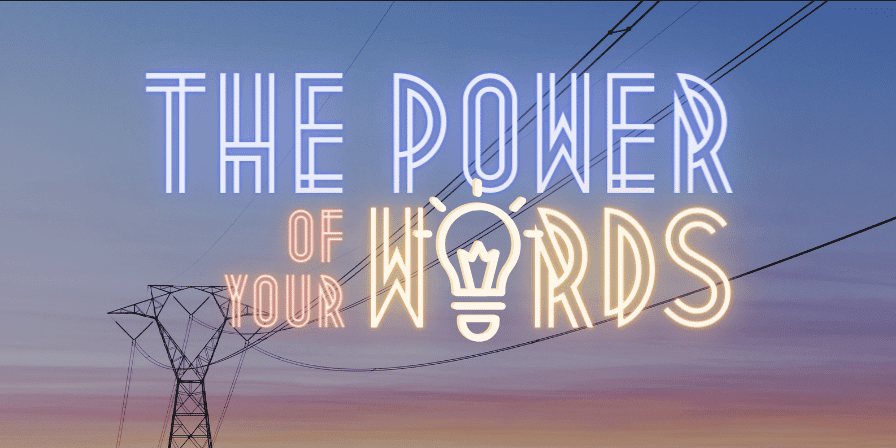
by Karlie Duke | Feb 18, 2016 | Parenting, Resources
How to harness the power of your words when speaking of teens.
Have you ever had that one person that you just really don’t like? There isn’t always good reason, but when their name is brought up, you inwardly roll your eyes and try your best to hide those negative impulses? That’s not just me…right?
Recently, I realized that I had developed an incredibly strong opinion about a person without even knowing them personally – let’s call him Max. Through other people’s opinions, I began to see Max as selfish, moody and disrespectful. What’s even worse is that I didn’t realize my bias until someone else’s opinion began to change my mind!
Once again, without any personal interaction, I created an opinion in my head based on how someone talked about Max. However, this new influencer had the opposite effect. Where I used to roll my eyes when his name was brought up, suddenly, I found myself defending his decisions and giving him the benefit of the doubt when he made mistakes. After spending time with one of Max’s best friends, I stopped treating Max like he had personally wronged me (which he hadn’t), I began to see him as a likable, funny person who needed a little grace, just like the rest of us.
All because of one opinion.
You might be asking – what did they say? How can a few words change your opinion so quickly? And that’s just it – it really didn’t take much. His friend didn’t bribe me or make up stories about his heroic efforts on the weekends, they simply spoke kindly about Max. In every word, every description and even through their tone, I could tell that they genuinely believed the best about Max. There was a reason that they were friends, and it made me want to be his friend, too!
Michael Hyatt just wrote a blog about the importance of affirming your spouse, and after my experience with Max, I am a firm believer in the power of your words and their ability to shape someone’s opinion.
If it is important to lift up, encourage and affirm your spouse, it should be just as important to do the same for your kids (especially your teenagers)!
Here are a few reasons why it is crucial to speak positively about teens:
Your words will shape the opinions of others.
As parents, teachers, youth ministers, coaches and mentors, we need to check what words and stories are coming out of our mouths. Especially when you are talking to people who do not personally know that teenager, there is no excuse for gossiping and spreading negative opinions about a student. When all you do is vent to friends or other parents, you are only giving them a glimpse into the most negative aspects of that teen.
How are they supposed to overcome that difficult teacher or the task of making good friends when everyone already has negative, preconceived notions about who they are and their priorities. Give them a chance to make friends or enemies based on their own interactions, instead of the thoughtless words of an angry, frustrated adult. Choose to say kind and positive things more often than telling negative stories.
Give your friends, their teachers, and other adults a reason to like your teenager.
Your words will shape your opinion.
When you say positive things about that teenager, you will start to notice more positive things to say. Instead of jumping to the worst possible conclusion, tell others how much they are trying. Tell that story about how sweet they were when their little sister was crying (you don’t have to mention that they caused the crying in the first place). Focus on the things they are great at – whether that is school, band, being a good teammate, or helping around the house.
If you get in the habit of bragging on your kids, students and players, you might find that you have more reasons to brag on them than you originally thought. Just like your words can change the opinions of others, they can also influence your own patience and treatment of teens.
Give yourself a reason to like that teenager.
Your words will shape their opinion.
I will never forget the times that my parents bragged about me to their friends, or the time I overheard my youth minster telling someone he wanted his daughter to grow up and be like me. I can remember thinking, “If they think that of me, I need to keep going and prove them right!”
You know that warm, fuzzy feeling when you know someone is proud of you? Can you imagine what teenagers would act like if they got that feeling often – weekly, even daily?
Tell that teenager that you are proud of them. Write it in a note. Say it out loud. Tell everyone you know how great they are. Use your words to empower and encourage your teenager to act, think and live better.
Give teenagers a reason to like themselves.
Take this next week and consciously look for positive things to say about the teenagers in your life. If a negative thought or word comes up, immediately think of two positive things to replace it with.
Let us know how this experiment goes and if it changed the way you or others fell about teens. Help combat the negativity that is too often involved with these teenage years.
More Resources You Might Like
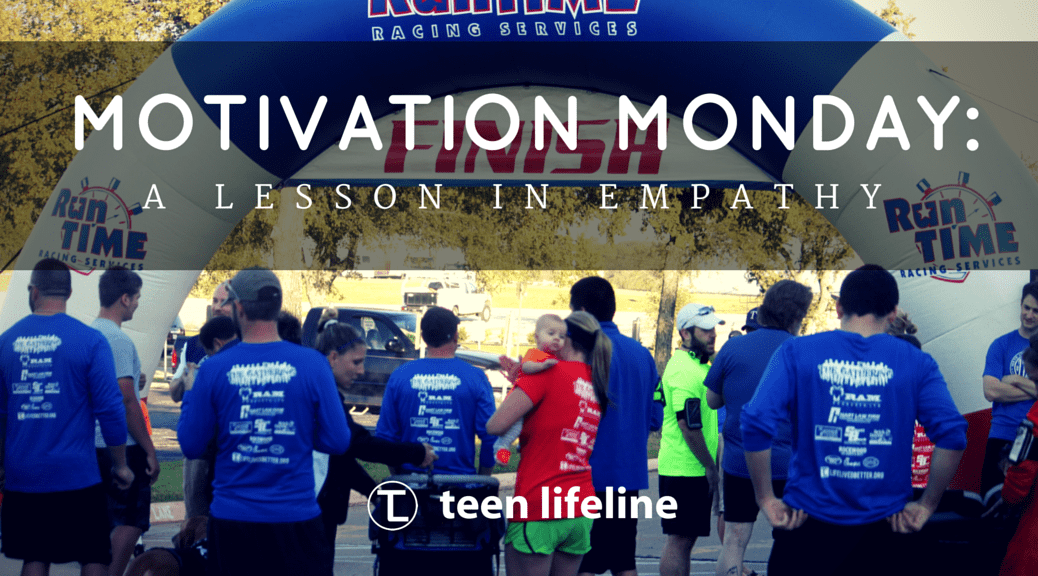
by Karlie Duke | Feb 1, 2016 | Anxiety, Events, Support Groups
We are less than 9 weeks away from our 7th annual #TL5K! In order to celebrate our biggest fundraiser of the year and bring awareness to what actually happens through Teen Lifeline Support Groups, we are going to release a bonus blog once a week until our 5K on April 2nd! These blogs will be a small glimpse into the stories of teenagers we work with and some of the facilitators who make these groups possible.
We are passionate about these groups because we get to see the faces, hear the stories and speak truth every single week. If you are just now getting introduced to Teen Lifeline or are wanting to know more about how we are helping teenagers live life better, these stories over the next 9 weeks are going to be a great way to take a behind-the-scenes peek at our non-profit.
I often get asked about our support groups and what a successful group looks like. You have no idea how tricky that question is…what does the perfect family look like? What are the characteristics of a perfect classroom? These questions are impossible to answer because…it depends.
It depends on the situation, the group of students, the needs of the group and the end-goal. Every single one of my groups is different, but one is not necessarily more successful than the others; however, there is one group in particular that comes to mind when I think of facilitating these support groups.
Last year, I was able to lead a middle school support group at an alternative campus (these are students who have been moved from there campus for one disciplinary reason or another). This being the first group I had ever led, I was nervous and a little (or a lot) anxious. I wondered how I would relate to these young trouble makers, if they would actually talk to me and how I would get them to connect with each other when they were more worried about video games and which boy liked them that week. Through the course of a school year, I saw over 36 middle schoolers in group, some that stayed with me for several months and some who were only there a couple of weeks.
In one particular g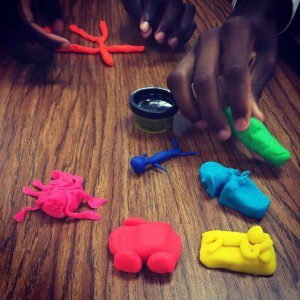 roup, we were talking about stress (by playing with play-doh, of course!), and one of the girls brought up her situation living in foster care. She talked about the stress of moving through different foster homes and new “siblings” that she was trying to get along with.
roup, we were talking about stress (by playing with play-doh, of course!), and one of the girls brought up her situation living in foster care. She talked about the stress of moving through different foster homes and new “siblings” that she was trying to get along with.
In this same group, I had a boy who sweet, brilliant, and very shy. He rarely spoke up in group, but as his peer talked about her fears and anxiety about home life, he stopped her and asked, “Are you okay? Do they ever hurt you?” He cut right to he chase (which made me a little nervous), but showed empathy in a way that was surprising for a middle schooler. Without me saying a word, these two started a conversation about getting help if she didn’t feel safe and how to deal with difficult family members. Even though I was the group facilitator, these two guided our group through discussion around dealing with stress and how to positively react when you are put in negative situations.
If I had to pick one thing, that would be my favorite characteristic of a successful group – when they reach out and encourage one another. Finding a connecting point with peers is huge, especially if you feel like you are on an island all by yourself. Our groups empower teenagers to seek out these relationships and let them know that they are not the only ones dealing with junk.
I am so thankful that I work for a ministry that allows these types of conversations to happen. A ministry that equips students to deal with stressful situations, encourages teens to open up and seek relationships, and empowers them to live their best life possible.
Karlie Duke was in one of Teen Lifeline’s original support groups and now is our Communications Director. She has lead support groups on two different campuses over the past two years.
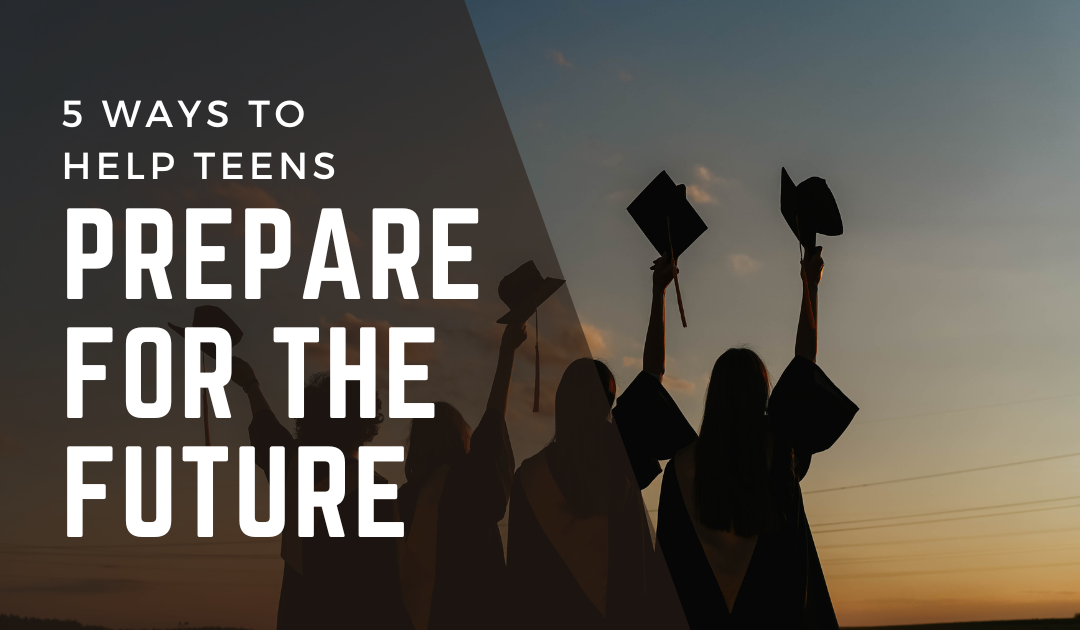
by Karlie Duke | Aug 27, 2015 | Blog, Parenting, School
The teen years are a critical time to prepare for the future. So how can we help?
I love this time of year, the time when crayons are on sale and my newsfeed is filled with pictures of forced-smiling students in backpacks. Every year when August rolls around, I like to drag out my old pictures and reflect on all of my FDOS (First Days of School).
I think back to when I was in Kindergarten and was so excited to be in “big kid school” with my new backpack and friends, but I promptly fell asleep when I got home due to all that excitement.
I will probably never forget my first day of Middle School…the nerves and anxiety of wondering if I would remember my locker combination, who I would sit by at lunch, and if I would survive the mature and much cooler 8th graders. I do not look back on this day with super warm-fuzzys.
I definitely remember my first day of Senior year! This year came with fewer nerves and doubts. By this time, I knew what to expect and where I stood, so this FDOS was full of excitement, anticipation, and hope.
If we are being honest, as many FDOS as I had in elementary, middle, and high school, it is that first day (and week) of college that sticks out the most to me. Just like in kindergarten, I had a new backpack, new friends, and a brand new environment. I was missing home but was both nervous and excited for what the next four years would bring. However, more than anything else, I felt prepared; I knew that all the other “Firsts” were leading up to this big one.
5 ways to help teens prepare for the future…
As the first day of school comes and goes each year, whether you are a teacher, have a baby at home, just walked your kindergartener into their first class, or dropped your college student off in a strange town, your goal is for the students in your life to make it to that “Last First Day.” While supporting kids with the end in mind (hopefully that they will grow up, move on, and become successful adults), there are several things you can do to help them prepare for the future and the hardest part – the leaving.
1. Encourage and equip at every stage.
While we don’t want to force kids to grow up too fast, it is important that we also instill confidence from the time they step into elementary school to their last day of college. Don’t ever ask, “Do you really think you are ready for this?” If they feel prepared and that you are cheering them on at every step, that transition is so much easier!
If you do have questions about decisions or new stages they are entering, try asking things like:
- How are you feeling about ___?
- I can see you’ve been preparing for this! Walk me through your thought process.
- I am so proud of you! Is there anything I can do to help you?
2. Slowly release the reigns.
Kids need boundaries, especially the teenager types! However, they also need to begin to explore and regulate their boundaries before they are completely on their own. The goal is that the first time they are making their own choices and boundaries shouldn’t be when they are on their own, potentially without the guidance of trusted adults.
When they first get their car, make their curfew a little stricter than necessary so you can relax that limit as they approach their senior year. Give more responsibilities, show more trust, and pry less as they get older. Design lessons so that they have to show more responsibility to succeed. This shows that you trust them and allows them to excel (or fail) for the first time in a safe environment, not when are they living in a dorm room 1,000 miles away or starting their first job.
3. Ask about their hopes and dreams.
Ask students about their future and what they hope to accomplish in college, after college, and beyond. By doing this, you are encouraging them to think about their goals and what it will take to get there. I have yet to meet a teenager without a dream for their future, but this future can seem far away for the 6th grader who just wants to be popular or the junior in high school who can’t seem to pass Physics. Give them motivation now and the expectation that, one day, they will have their own plans outside of what their parents, coaches, and teachers have laid out.
4. Affirm and empower them to succeed.
At Teen Life, we believe that every teenager has gifts and strengths. They are capable of succeeding and thriving! You probably believe this too, but have you vocalized it to the teens in your life? As you make choices, design assignments, and set boundaries, communicate the “why” behind it. Tell them what you hope for their future and how you are trying to prepare them.
You can also speak positive affirmations over them like:
- You are good enough
- You are prepared
- It is okay to ask for help
- I believe in you
- I am proud of you
- You are a good person
The greatest way to help teens prepare for the future is to prepare yourself. Take pictures, cry as they drive themselves to school for the first time, and force them to participate in family game nights, but don’t lose sight of the dreams and goals you have for them. Parent with the end in mind, knowing that they will leave and that is good.
For our school people, you know all too well that the students in your classroom will move on every year. That doesn’t make it any easier though – especially when you feel particularly close to a group of students.
Instead of making them feel guilty for leaving you, send them off with the confidence and trust that they will excel because they are prepared.
The greatest work we can do now is to help teens prepare for the future. They are capable, strong, and brave. Don’t let them forget it!
Director of Communications
More Resources You Might Like
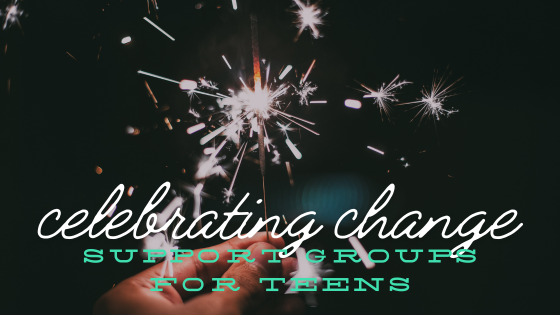
by Karlie Duke | Jun 18, 2015 | Blog, Drugs & Alcohol, Support Groups
Support groups for teens offer an oppotunity for celebration.
It is no secret that the success of Teen Life comes from the incredible volunteers who give up their time and energy to make support groups for teens possible on school campuses.
One of these facilitators, Josh, worked with a group of students on a high school campus. Included in the group was a girl who had struggled with drug abuse in the past. She was open about this with the group members and was enjoying the skills and tools she was learning, but she especially appreciated the relationships she was building each week through this group.
As she got to know the group even better, she was excited to share with them about her upcoming celebration of being clean of harmful substances for one year. In sharing this, she invited the group to join her at a celebration party.
Josh later shared with us that he did not know if any of the other group members would be able to make it to the celebration. He was hopeful that the students would show up, but he also knew that there would be several factors that could keep them from coming. These students had only known each other for a short amount of time, so for them to remember, make travel arrangements, and prioritize a party centered around not using substances would be a big deal.
Because of the relationship he had built through the group with this girl and motivated by his skepticism that anyone else would show up, Josh decided he should make it a priority to go, uncertain of whether he would be the only non-family member there to help celebrate.
To his surprise and joy, every single member of the group chose to come and support their new friend. Through this Teen Life group, students were bonded through the renewed journey they were all choosing to embark on together.
This is what support groups for teens are about: building relationships.
Support groups offer the opportunity for students to create relationships that renew, build skills and tools that aid in the renewal process, create space that encourages a positive way of renewing life, and celebrate when this renewal is realized so that it is also reinforced.
These and many other students are encouraged in their renewal process on a regular basis. They get to see what it looks like when their peers choose a better life, and at the same time, facilitators like Josh are there to model the kinds of behaviors that cultivate a life of renewal.
What a blessing it is to see life change as these teenagers’ stories are renewed and celebrated.
More Resources You Might Like


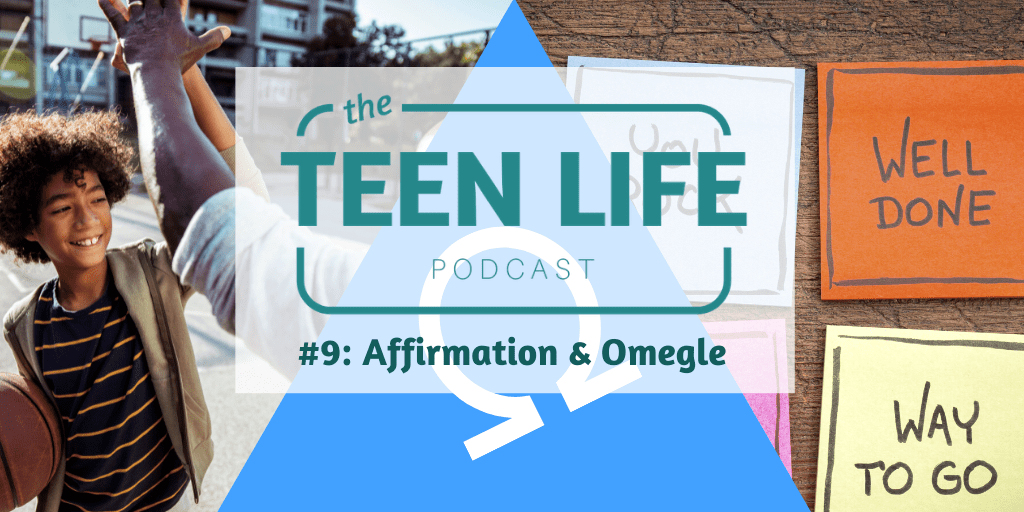
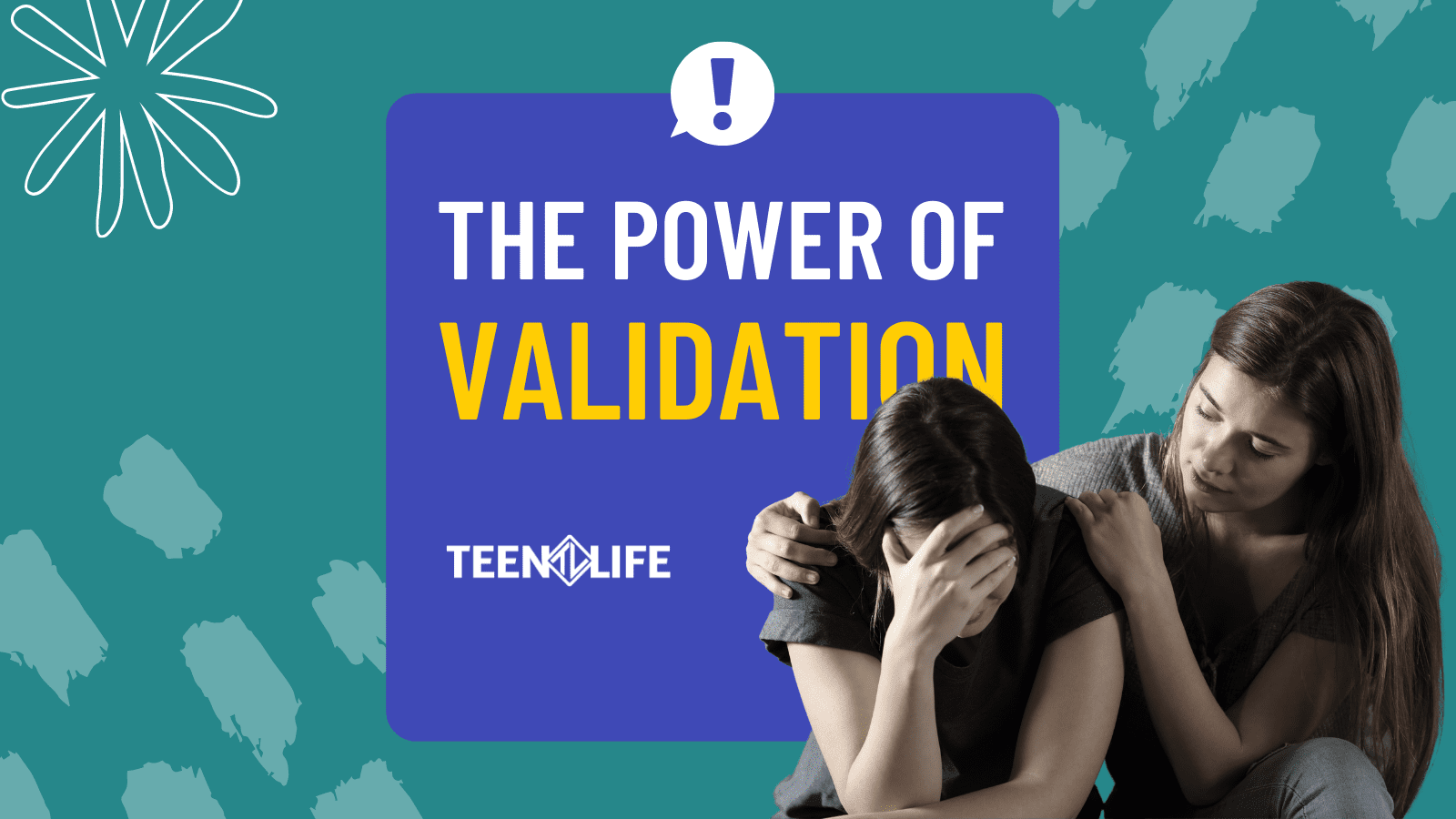


 roup, we were talking about stress (by playing with play-doh, of course!), and one of the girls brought up her situation living in foster care. She talked about the stress of moving through different foster homes and new “siblings” that she was trying to get along with.
roup, we were talking about stress (by playing with play-doh, of course!), and one of the girls brought up her situation living in foster care. She talked about the stress of moving through different foster homes and new “siblings” that she was trying to get along with.



